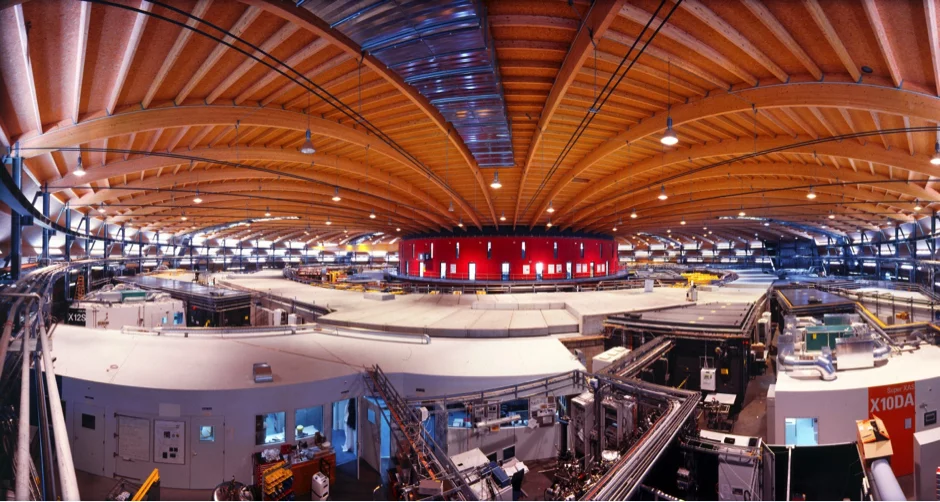Synchrotron-based bulk X-ray absorption spectroscopy (XAS) allows determining detailed structural information such as coordination numbers, bond distances and system disorder. Furthermore, it allows resolving the oxidation state of investigated species. For instance, uptake on interlayer sites via cation exchange, inner sphere complex formation on edge sites and precipitation of newly formed phases, can all be clearly distinguished and characterized. XAS can also distinguish between mono- and poly-nuclear complexes forming at the surface of clay minerals, and mono- and bi-dentate binding of metals to clay edge sites.
We use XAS in conjunction with wet chemistry and modeling studies as an aid to understanding the uptake processes in different repository relevant materials including clays, cement, glass or spent nuclear fuel. Dedicated studies are performed to validate assumption about underlying molecular mechanism accepted in thermodynamic sorption models. The information’s derived from the XAS studies are used as input parameters for molecular modeling calculations and to improve existing sorption models.
Synchrotron-based micro X-ray absorption spectroscopy (micro-XAS) in combination with micro X-ray fluorescence (micro-XRF) and micro X-ray diffraction (micro-XRD) are powerful tools for spatially resolved micro-scale investigations of retention processes in heterogeneous systems. We have successfully applied these techniques in the investigations of uptake processes in argillaceous rocks and hardened cement paste. Here one of the essential questions is “On what mineral phase or phases is sorption occurring in the complex mineral assemblage?” and “Is it the same phase(s) assumed in the modeling?” In some cases minor minerals may well be important. Furthermore, we were able to shine light into the alkali-aggregate reaction, which is a severe alteration process limiting the lifetime of concrete structures exposed to water or moisture.
Scattering of neutrons by condensed matter depends on the isotopic composition of the sample. This property can be used for non-destructive 2D/3D imaging of material heterogeneities. In particular protons have the largest neutron scattering cross section, and thus make neutron imaging particularly sensitive to the sample water content. We apply neutron imaging for non-destructive, in situ characterization of porosity changes in heterogeneous materials caused by dissolution and precipitation reactions.



